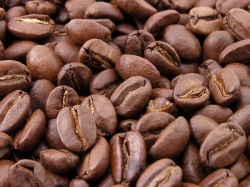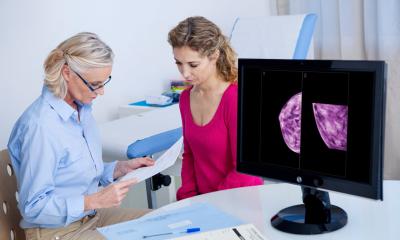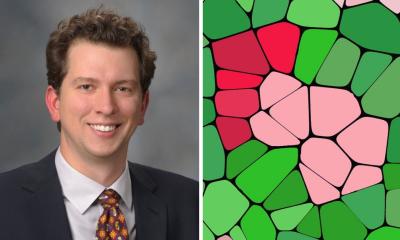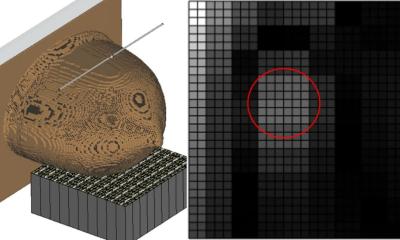Could high coffee intake cut breast cancer risk?
Report: Jane MacDougall
Oestrogen receptor (ER)-negative breast cancer, remains hard to treat despite major advances in surgery and adjuvant therapies. The latest results from a Swedish study [Pub: Breast Cancer Res. 2011 May 14;13(3):R49] suggest that a high daily intake of coffee -- more than five cups -- is associated with a statistically significant decrease in ER-negative breast cancer among postmenopausal women (the median age at diagnosis of breast cancer is 61 years old).


Researchers from the Karolinska Institute in Sweden investigated the association between coffee consumption and postmenopausal breast cancer in a large population-based study of women aged 50-74, using a stratified case-control analysis treating ER status as a dependent variable, with coffee consumption included as a covariate. All 2,818 cases and 3,111 controls were Swedish born and resident at the time of the survey.
When adjusted for age only a 20% decrease in the risk for breast cancer was seen, but when the hormone receptor status of the tumours were considered the results became significant with a 57% (P= 0.0003) risk reduction for ER-negative disease and 33% (P= 0.034) for ER- and PR-negative disease. In an attempt to validate their results, Dr J Li used the same analysis procedure on results from the independent MARIE study, conducted in Germany. Although not reaching statistical significance, the strongest protective effect from heavy coffee consumption was similarly observed for the ER-negative subtype.
The Swedish group explain their findings by considering the complex composition of coffee itself.
Coffee contains trigonelline, a phyto-oestrogen that can activate ER through an oestrogen-independent mechanism. The compound is biologically active and capable of stimulating cell growth of ER-positive breast cancer cell lines at low concentrations. Coffee also has been shown to contribute to plasma levels of enterolactone, a phyto-oestrogen that has often been associated with a decreased risk of ER-negative breast cancer.
The presence of such compounds give a biological basis to support the finding that coffee consumption decreases breast cancer risk overall (both ER-negative and ER-positive), but the protection is less evident for the ER-positive subtype.
Coffee consumption has frequently been associated with the development of hormone-related cancers in women. One study found that women who consumed ≥4 cups of coffee daily had a lower risk of developing invasive epithelial ovarian cancer compared with non-coffee drinkers. Other studies have not demonstrated this association. Coffee consumption may also reduce the risk of developing endometrial cancer.
The data for the association between coffee consumption and breast cancer development is like that in ovarian cancer, variable. Several studies have found a reduced risk of breast cancer in women who were coffee drinkers while others have shown no correlation and some have even reported a (non-significant) increase.
Inconsistencies in data related to the development of these hormone related cancers are likely to be due to several factors, including variations of coffee beans and preparation procedures. For example brewed coffee such as is popular in Sweden, contains complex mixtures of bioactive compounds that may have different effects based on the stage of carcinogenesis. Because of the widespread popularity of coffee, it is important to determine the effect of its bioactive components, other than caffeine, on our health.
15.06.2011











